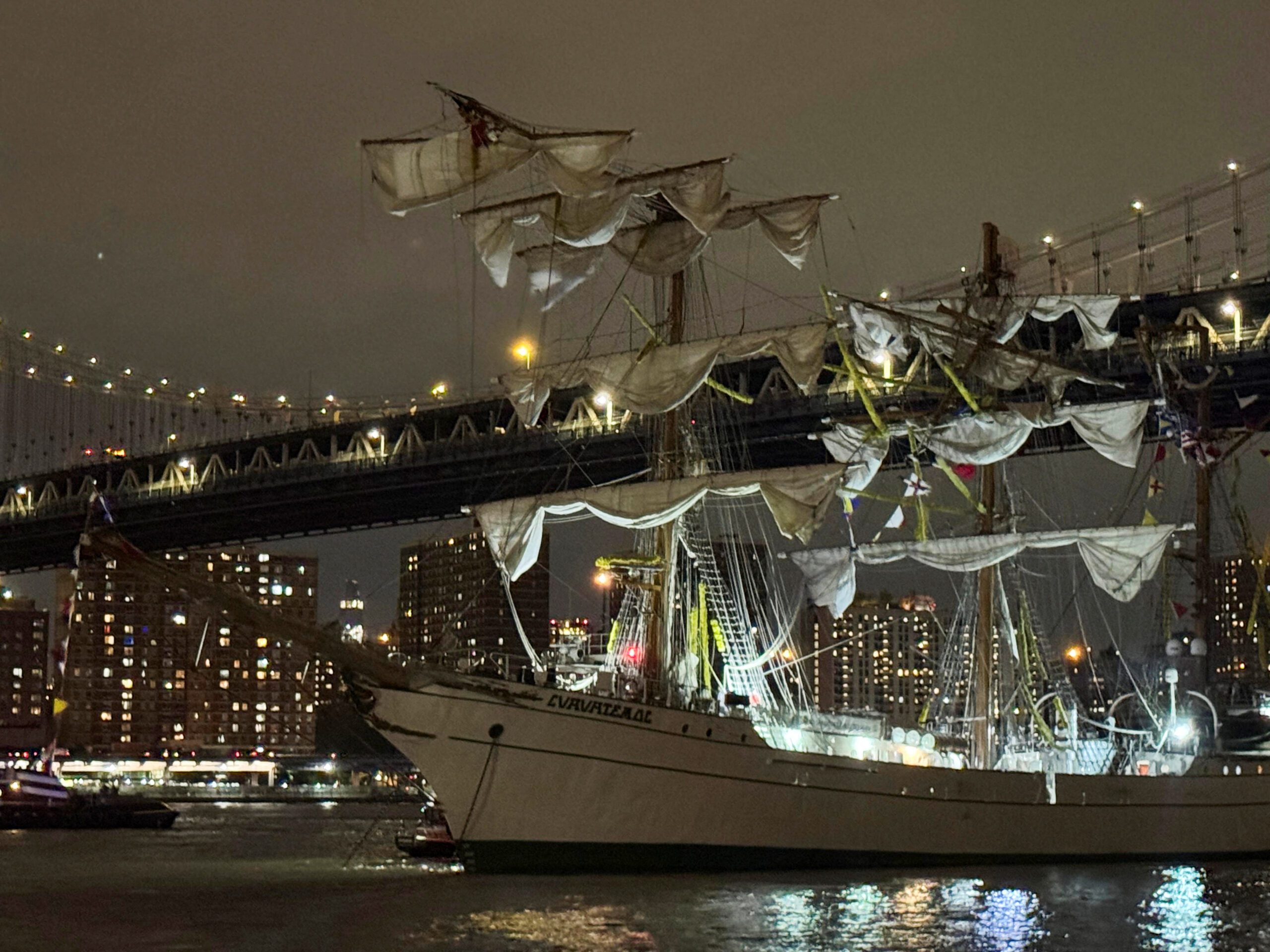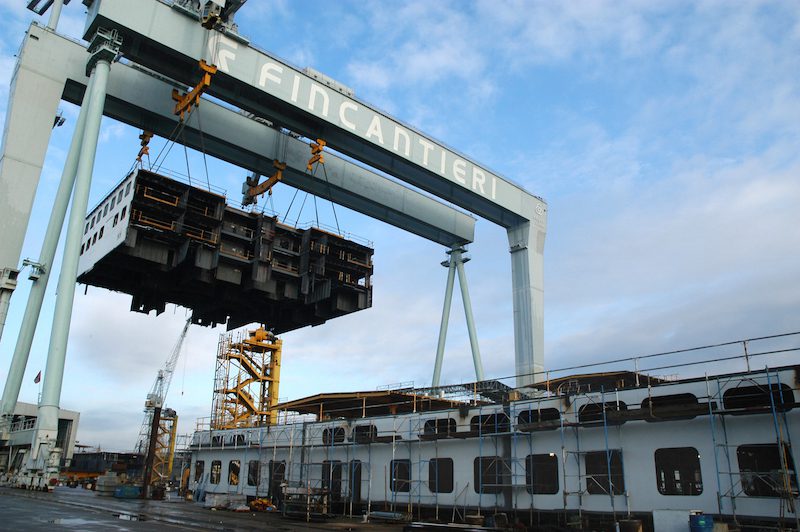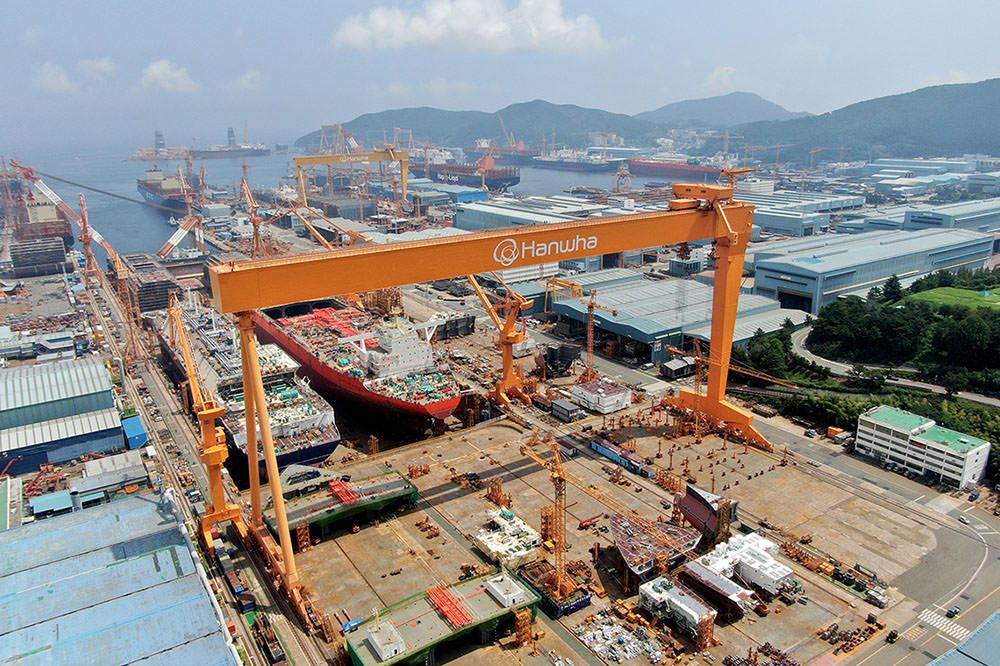The death of a worker at Hanwha Ocean’s shipyard early this month has ignited scrutiny over safety practices in South Korea’s shipbuilding industry. Following the accident, in which a subcontractor fell from a container ship’s lashing bridge, the Ministry of Employment and Labor (MOEL) issued an immediate work suspension. This halt has not only delayed the construction of container ships but has raised broader concerns about worker safety and regulatory oversight.
Last month, a subcontracted worker in his 60s passed out at in the daytime and died later.
Earlier this year Ministry of Employment and Labor carried out a special labor inspection of Hanwha Ocean, as two fatal industrial accidents occurred at its shipyard within just two weeks in January, but the company only received a small 100 million won ($76,000) fine for safety violations.
Shipyard WorkerFatality in the Spotlight
The worker’s death marks the fourth fatality at Hanwha Ocean this year, prompting an investigation into the shipyard’s safety protocols. The incident, which occurred at the company’s Okpo-based yard, was particularly alarming due to the height of the fall—32 meters. South Korean media reports suggest that the push to meet tight deadlines led to increased risks, with workers, especially subcontractors, being asked to work overtime and at night.
Hanwha Ocean’s initial appeal to lift the work suspension, filed 11 days after the accident, was swiftly rejected by the MOEL’s regional office. The shipyard failed to provide a comprehensive risk assessment or implement specific fall prevention measures. As a result, the suspension remains in effect, specifically impacting the construction of lashing bridges on container ships.
“He was working overtime and fell from a height of about 32 meters from the top of a container ship to the bottom of the ship,” reported Tradewinds. The Korea Metal Workers’ Union has alleged that Hanwha Ocean was in a rush to meet the vessel’s construction dateline and had instructed its subcontractors to work at night.
Broader Implications for the Shipyard
While the work suspension order is limited to container ship projects, the financial and reputational impact is far-reaching. With global competition from Chinese shipyards intensifying, any delay in production could put Hanwha at a disadvantage. Chinese shipyards, known for their rapid construction timelines, have increasingly dominated the commercial and military shipbuilding markets. This accident, coupled with regulatory delays, threatens to slow Hanwha’s momentum in both sectors.
Despite these setbacks, Hanwha Ocean claims it continues to operate normally in other areas of its shipyard, with projects unrelated to container ship lashing bridges proceeding as planned. The company remains hopeful that a second appeal, scheduled for early October, will allow it to resume full operations.
Strategic Shifts: Bridging South Korea and the U.S. in Defense
While safety concerns overshadow Hanwha Ocean’s commercial shipbuilding operations, the company is making bold moves into the global defense market. Recently, Hanwha unveiled its Ocean 4300 frigate, equipped with advanced radar and weaponry, signaling its hope to compete with China’s growing naval power. Targeting key regional buyers like the Philippines and Australia, the Ocean 4300 represents a shift in focus from commercial to military shipbuilding.
Additionally, Hanwha Ocean’s acquisition of Philly Shipyard and its first contract to overhaul U.S. Navy ships further demonstrate the company’s expanding role in defense. As U.S. shipyards struggle with delays and inefficiencies, Hanwha’s expertise offers solutions to help modernize the U.S. Navy. This partnership – along with a growing relationship with the American classification society ABS – could mark the beginning of deeper collaboration between South Korea and the United States in addressing naval shipbuilding needs.
It’s unclear how the safety stand-down will affect Hanwha’s U.S. Navy contracts, but the company has pledged biannual safety checks and committed to 23 tasks set by Det Norske Veritas to achieve top ISRS certification. Hanwha Ocean has also promised to invest 2 trillion won (about $1.5 billion) over the next three years toward preventing industrial accidents at its shipyard and other facilities. They did not say if this investment will include Philly Shipyard.

 Join The Club
Join The Club










